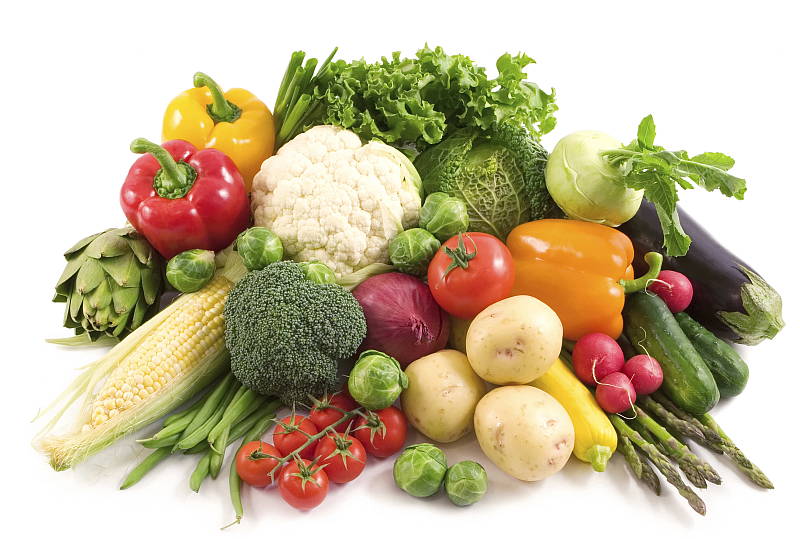Healthy Diet for Your Thyroid
Your thyroid gland governs your metabolism. It does this by producing the thyroid hormones T3 and T4 and releasing them into your bloodstream. If your thyroid is underactive, you are said to have hypothyroidism, whilst having an overactive thyroid is referred to as hyperthyroidism. Before we get into food you should be seeking out to keep your thyroid healthy, let us discuss what can happen if your thyroid is not functioning properly.
Hypothyroidism
When your thyroid is not producing enough T3 and T4, your metabolism will slow down. At first, you will probably only experience a few mild symptoms, but as time progresses, they will most likely get worse and worse. You may notice one or more of these symptoms:
- Weight gain
- Anxiety / Depression
- Fatigue
- Joint pain
- Dry skin
- Heavy menstrual bleeding
- Cold sensitivity
Hyperthyroidism
An overactive thyroid can be just as dangerous to your health as an underactive one, perhaps even more so. Hyperthyroidism is marked by such symptoms as:
- Weight loss
- Heightened anxiety and/or irritability
- Sensitivity to heat
- Sweating
- Infrequent, light menstrual periods
The first item on this list might seem like a benefit, rather than a symptom, but don’t let it fool you. Untreated hyperthyroidism can have serious consequences.
Whether you are concerned that your thyroid gland might be overactive or underactive, you can help yourself out by getting the right nutrients and avoiding certain foods. Let us take a closer look at what you should (and should not) be eating to maintain a healthy thyroid and balanced metabolism.
Foods required to ensure adequate thyroid hormone production
Make sure that you are getting enough iodine in your diet. Iodine is essential for producing thyroid hormones, T3 and T4. An iodine deficient diet can lead to hypothyroidism, or at the very least exacerbate it.
If you want to give your thyroid a kick, eat foods like shellfish, seaweed, and coconut oil, and avoid simple sugars. Overall a healthy diet should include complex carbohydrates and get plenty of fibre. Also, make sure that you are drinking plenty of water every day. Good hydration is key to proper metabolic function.
Foods which can inhibit thyroid hormone production
You may be surprised to find that you can slow down thyroid hormone production by eating certain vegetables. It may sound odd to hear that they could actually slow your metabolism, because vegetables are so healthy. By eating cruciferous vegetables, that’s exactly the case. Raw cabbage, turnips, broccoli, Brussels sprouts, and other cruciferous vegetables have high goitrogen content. Goitrogen interferes with the body’s ability to uptake iodine, and it tends to slow the production of thyroid hormones. Foods containing fermented soy, and millet also slow thyroid hormone production. If your thyroid is underactive, you want to avoid these foods.
Whether your thyroid is producing too much or too little in the way of T3 and T4 hormones, this information should help you understand a bit more on how to adjust your diet to improve your thyroid function and metabolism. You will still need to go to see your local doctor or endocrinologist for specific treatment for hypothyroidism or hyperthyroidism. For patients who have a thyroid condition, eating the right diet can be hugely beneficial, as part of a comprehensive treatment plan.
If you have questions about a good diet for thyroid health, make an appointment to see one of our dietitians and nutritionists. We’ll provide you with personalised and effective advice targeted to your concerns. Contact us today.
Reference
- Iodine, thyroid hormones and the thyroid gland
- Nutrition for thyroid health – foods that help and harm
- Thyroid disease fact sheet
The post How to Eat a Healthy Diet for Your Thyroid appeared first on Thyroid Clinic Sydney.
